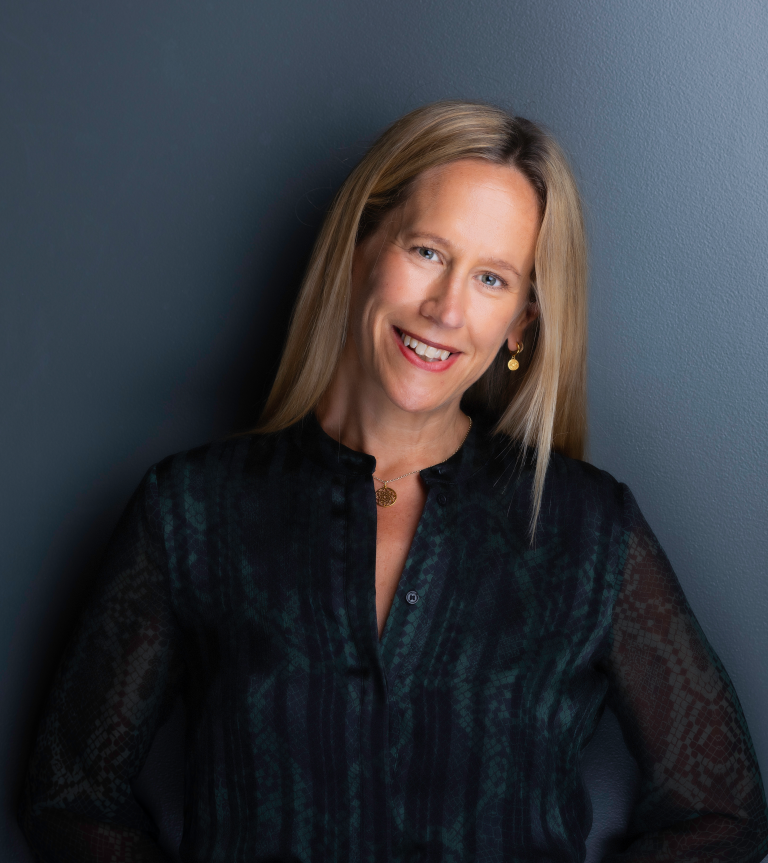Once-upon-a-time, there were only three channels in the UK, a time when little and large drew 18 million viewers
Once-upon-a-time, there were only three channels in the UK, a time when little and large drew 18 million viewers

Once-upon-a-time, there were only three channels in the UK, a time when little and large drew 18 million viewers
University of Strathclyde – Professional Services – Human Resources DirectorateSalary: £59,139 to £66,537
University of Strathclyde – Professional Services (Continuous Improvement, Estates, Finance, HR) – Human Resources DirectorateSalary: £37,174 to £45,413
You will lead HR Business Partnering, OD, and Learning & Development, and also oversee HR related managed services. You may already be an HR Director
HR Project Manager Job Title: HRProject Manager Location:North London Sector: Education ContractType: Permanent About the Role We havepartnered with an Educational establishment who are looking